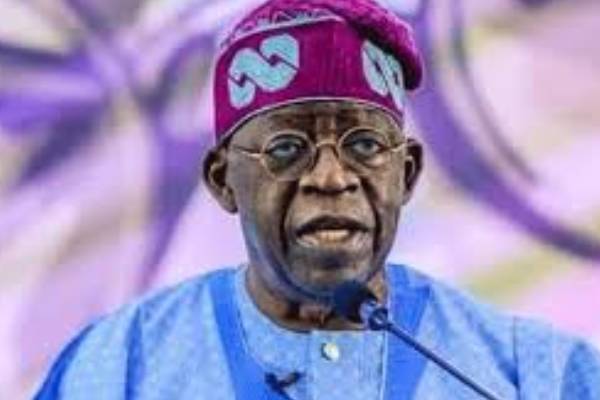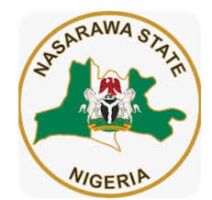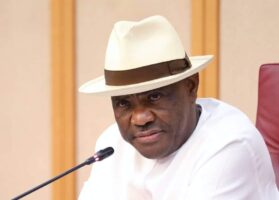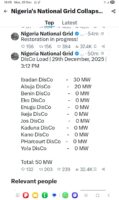The Federal Government has clarified that the $1.23 billion external borrowing provision in the 2025 budget has not yet been accessed and is scheduled for disbursement in the second half of the year.
The Federal Ministry of Finance made this known in a statement following President Bola Ahmed Tinubu’s formal request to the National Assembly on May 27, 2025, for approval of the 2024–2026 External Borrowing Rolling Plan.
The ministry explained that the borrowing plan should not be mistaken for immediate debt acquisition, as it serves as a forward-looking framework covering both federal and state-level borrowing needs across various geopolitical zones. Beneficiary states include Abia, Bauchi, Borno, Gombe, Kaduna, Lagos, Niger, Oyo, Sokoto, and Yobe.
The Ministry emphasised that inclusion in the borrowing plan does not automatically increase Nigeria’s debt profile. Funding will be drawn in phases, aligned with the implementation timelines of specific projects.
Many of the projects in the 2024–2026 plan are long-term initiatives spanning five to seven years. These include upgrades to the national power grid, irrigation schemes to enhance food security, nationwide fibre optic infrastructure, acquisition of fighter jets, and key road and rail projects.
Most of the financing is expected to come from international development partners such as the World Bank, African Development Bank (AfDB), French Development Agency (AFD), European Investment Bank (EIB), Japan International Cooperation Agency (JICA), China EximBank, and the Islamic Development Bank (IsDB). These partners typically offer concessional loans with favourable terms and extended repayment periods.
The rolling borrowing plan forms part of Nigeria’s Medium-Term Expenditure Framework (MTEF) and aligns with the Fiscal Responsibility Act of 2007 and the Debt Management Office (DMO) Establishment Act of 2003. It provides a medium-term roadmap for both federal and state borrowing, detailing terms and project implementation schedules in five appendices.
The Ministry stated that this structured approach promotes fiscal discipline and mitigates the need for emergency borrowing, enabling better financial planning and execution.
On the issue of debt sustainability, the Ministry noted that Nigeria’s debt service-to-revenue ratio, which exceeded 90 percent in 2023, is already declining. This improvement follows key fiscal reforms, including halting inflationary borrowing through the Central Bank of Nigeria (CBN)’s ways and means advances.
Government revenue is projected to rise significantly due to improved performance by the Nigerian National Petroleum Company Limited (NNPC), enhanced remittances from Government-Owned Enterprises (GOEs), and revenue-generating MDAs—bolstered by technology-driven monitoring and compliance mechanisms. Efforts are also underway to recover legacy debts owed to the federal government.
With macroeconomic indicators showing signs of stabilisation, the government reaffirmed its focus on driving accelerated and inclusive economic growth through sustained capital investment in priority sectors such as transportation, energy, infrastructure, and agriculture.
The Ministry stressed that the objective is not to borrow indiscriminately but to direct loans towards projects with measurable economic value. It reiterated that all external borrowing would remain within thresholds established in the DMO’s Debt Sustainability Framework.
Additionally, the government said its ongoing tax reforms and revenue mobilisation efforts would further enhance public finances, reduce dependence on debt, and encourage prudent fiscal management.
The Ministry reiterated its commitment to transparency, accountability, and responsiveness to public concerns. It called for continued public engagement and robust legislative oversight as vital to Nigeria’s long-term economic stability and national prosperity.





